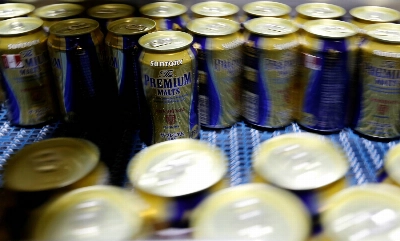Today, the successes of Japan-trained racehorses overseas are seen as nothing unusual.
For example, on March 26, while many in Japan were asleep, some of Japan’s best ran in eight races at the Dubai World Cup Day, snatching five victories. During the event, there was also the dramatic outcome of Panthalassa sharing first in a dead-heat turf race.
More than two decades have passed since Seeking the Pearl came out victorious at the Prix Maurice de Gheest in Deauville, France, in 1998, becoming the first Japanese-trained horse to win a Grade 1 race overseas. Last year, a total of 49 Japanese-trained horses participated in overseas races, resulting in eight victories, including in those other than G1 races. This year, 35 have already competed overseas, resulting in nine victories in G1 and other races. It seems to me the recent efforts to participate in overseas races are clearly more motivated at seeking victory, rather than just taking on a bigger challenge.


















With your current subscription plan you can comment on stories. However, before writing your first comment, please create a display name in the Profile section of your subscriber account page.